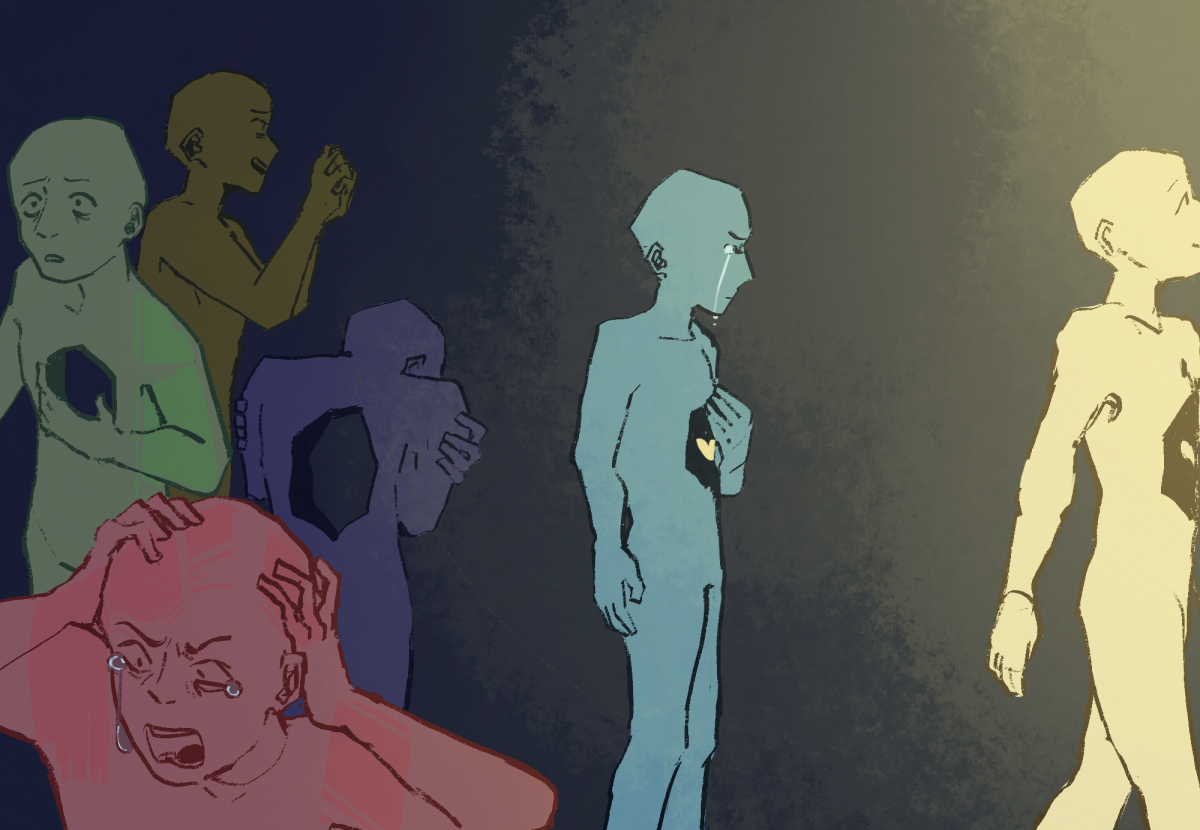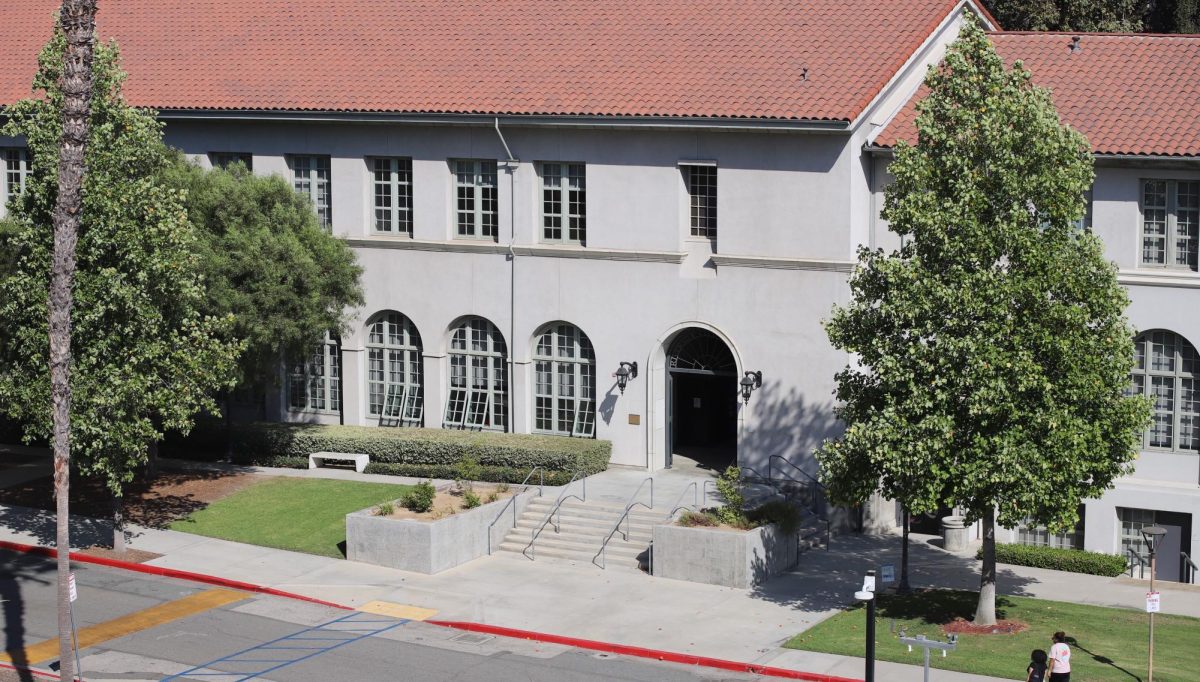By Staff Editorial
By Staff Editorial
Meet Maher Arar.
When he was 17 years old, Arar moved to Canada from Syria. Arar eventually earned his master’s degree in telecommunications, got a good job and started a family. Things were going well for him.
Maher had a loving wife, two beautiful children, and a rewarding business. Unfortunately, in September 2002 all of that changed.
Arar was vacationing with his family in Tunisia when he decided to return to Canada for work purposes. Since Arar was using air-miles, he was forced to take a flight from Tunis, through New York, to Montreal.
On arriving in New York, Arar was pulled aside by airport security. He was fingerprinted and photographed. Airport personnel assured him it was all standard procedure. But when New York police and FBI agents showed up, Arar became suspicious.
The agents copied his passport and proceeded to interrogate Arar. He felt compelled to request a lawyer. The interrogators ignored this request. They told Arar that, as he was a Canadian citizen and not an American, he had no right to a lawyer. When he asked to make a phone call, his requests were ignored again.
Arar was belittled, harassed and strip searched. Still, he remained cooperative. When he asked why this was happening to him, the only explanation they gave was that he was of “special interest.”
More than 24 hours later, after extensive interrogation and no sleep, Arar was pressured into signing a document that he was not allowed to read. He was then chained and transported to the Metropolitan Detention Center. Arar, however, had no idea where he had been taken.
On Oct. 2 Arar, who had been detained since Sep. 26, finally got a two-minute phone call. He used that call contact his family; he asked them to help and to find him a lawyer.
Later, Arar was told that he was scheduled for deportation. He signed a document to request that he be deported to Canada. Although Arar had obtained a lawyer who vowed to return him to Canada, Arar was later informed that he would be deported to Syria.
This decision was based on evidence that Arar was not allowed to see.
Arar was faced with hours of intense questioning, as well as food and sleep deprivation while held in the United States. When he arrived in Jordan and Syria, things got worse.
Arar was held in a cell that was only 3-feet wide, 6-feet long, and 7-feet tall. Hardly any light filtered into his cell. Rats ran rampant. It was not uncommon for cat urine to fall on him through the bars in his ceiling. He was deprived of a toothbrush, toothpaste, shower facilities, and even a change of clothing.
Arar was regularly beaten with electrical cables. Often, the threats and physical attacks were jarring enough that he would urinate on himself. Three times during his detention, he suffered from nervous crises, in which he was flooded with uncontrollable memories and screamed frenziedly.
Arar had been detained for more than one year without charges being filed, and based on evidence he never saw.
A horrific experience like Maher Arar’s seems like something that could never happen to the average United States citizen. However, on Oct. 17, when President George W. Bush signed the Detainee Treatment and Trials bill in to law, it became a frightening reality.
One of the most glaring drawbacks of Bush’s detainee bill is the article on habeas corpus.
Habeas corpus ad subjiciendum is a long Latin phrase that guarantees us all the right to question if we are imprisoned legally, and to be released from custody if it’s not legal. Or at least it did.
Under this new legislation, habeas corpus is not merely suspended, it is completely abolished. Any person that the president or secretary of state deems to be an “enemy combatant” can be detained for an indefinite period of time. Detainees will have neither rights to counsel, nor any rights to a trial.
Like Maher Arar, they can be detained without charges being filed, and based on evidence they cannot examine.
Perhaps the most disturbing point, other than the total obliteration of a civil rights safe guard that has been around for centuries, is the elusive definition of “enemy combatant.”
Because of its ability to protect citizens from being thrown into prison without merit, habeas corpus is often referred to as the lynchpin of the Constitution. This new legislation is dangerous because it challenges our basic rights and freedoms with the threat of wrongful and indefinite imprisonment.
Life as a detainee was hell for Arar. Now that habeas corpus has been eliminated, our country might be headed there faster than you’d think.


















